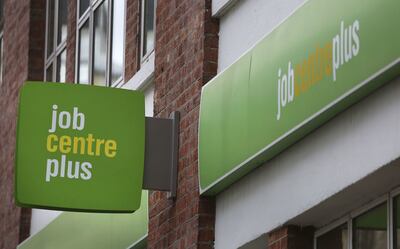The UK economy is in recession and will remain so for the whole of 2023, financial services firm KPMG predicted on Monday.
According to its latest forecasts, the UK economy will shrink by 1.3 per cent next year, as high inflation and rising interest rates slow the pace of growth.
KPMG predicted the UK is already in what will be a shallow yet prolonged recession, following official figures from the Office for National Statistics (ONS) that showed the economy shrank by 0.2 per cent in the third quarter, between July and September.
The technical definition of a recession is two consecutive quarters of negative growth.
KPMG also forecast that output could also fall by 1.9 per cent next year as falling consumer spending and higher borrowing costs weigh on businesses.
Last week, the Bank of England increased interest rates to a 14-year high of 3.5 per cent. They are expected to reach at least 4 per cent by next spring.

On the prospects for the labour market, KPMG said a deteriorating picture will start to emerge in the first half of 2023, with the unemployment rate reaching 5.6 per cent by mid-2024, representing an increase of about 680,000 people.
“The increase in energy and food prices during 2022, as well as higher overall inflation, have significantly reduced households’ purchasing power,” said Yael Selfin, chief economist at KPMG UK.
“Rising interest rates have added another headwind to growth. Lower income households are particularly exposed to the mix of current price pressures, as the most affected spending categories largely fall on necessities, with few substitutes in the short run.
“Households are expected to rein in spending on discretionary items in 2023 in response to the squeeze on income. As consumers cut back on spending, we anticipate a sharp reduction in non-essential categories of spend by those households most affected by the rise in energy and food costs, including spending on eating out and entertainment.” she said.











